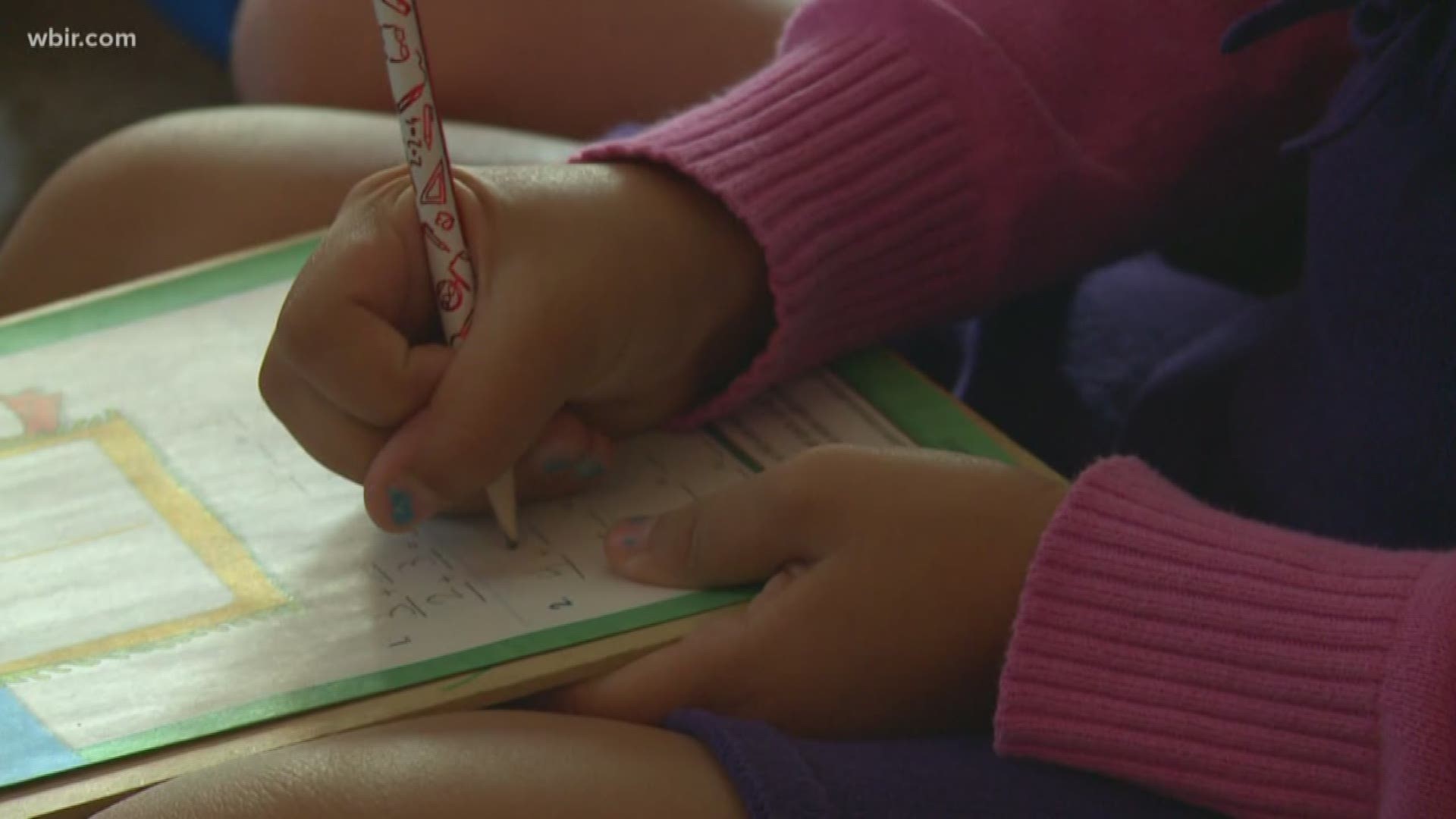While educators in four states around the country have expressed their frustration over the past several weeks, Tennessee teachers observe from a far, trying to find ways to improve their situation.
"They want to provide the very best for their kids, but they can't do it on their salaries and they can't do it on the resources they get," said President of the Knox County Education Association, Tanya Coats
It's her job to be concerned with teacher salary and education financing in the county and state. So naturally she paid close attention to the teacher strikes across the country.
"They decided enough was enough and they needed to do more for their students."
When you compare the states striking to Tennessee, there are some similarities.
West Virginia (48) Oklahoma (49) and Arizona (43) all rank near the bottom of average salary for teachers, that according to a 2016 study from the National Education Association. Tennessee was ranked 39 despite having the 16th highest average daily attendance in the country.
Perhaps the biggest different between these states and Tennessee? The government has taken some action.
"We have a governor that has actually supported students, having resources for students across the state. He's invested money over his tenure into public education," said Coats.
And while it is a step in the right direction, Coats said more needs to be done. Small increases in salaries don't keep up with raises in standard of living and the expenses of life. Coats specifically cites health insurance. On top of that, unless money is put back into the education system, Coats said much of the increased teacher salaries goes back to supplying the very classrooms they work. That, Coats said, is why states like Oklahoma, where teachers received a $6,100 pay raise, are still protesting. They want more money going into classrooms, not their pockets.
"We want to make sure teachers are not villainized, because they think it's about their salaries. It's never about their salaries, it's about the resources going to the classroom."
While Coats doesn't rule anything out, she says as far as she is concerned educators in the state will work as hard as they can to prevent any kind of strike.

